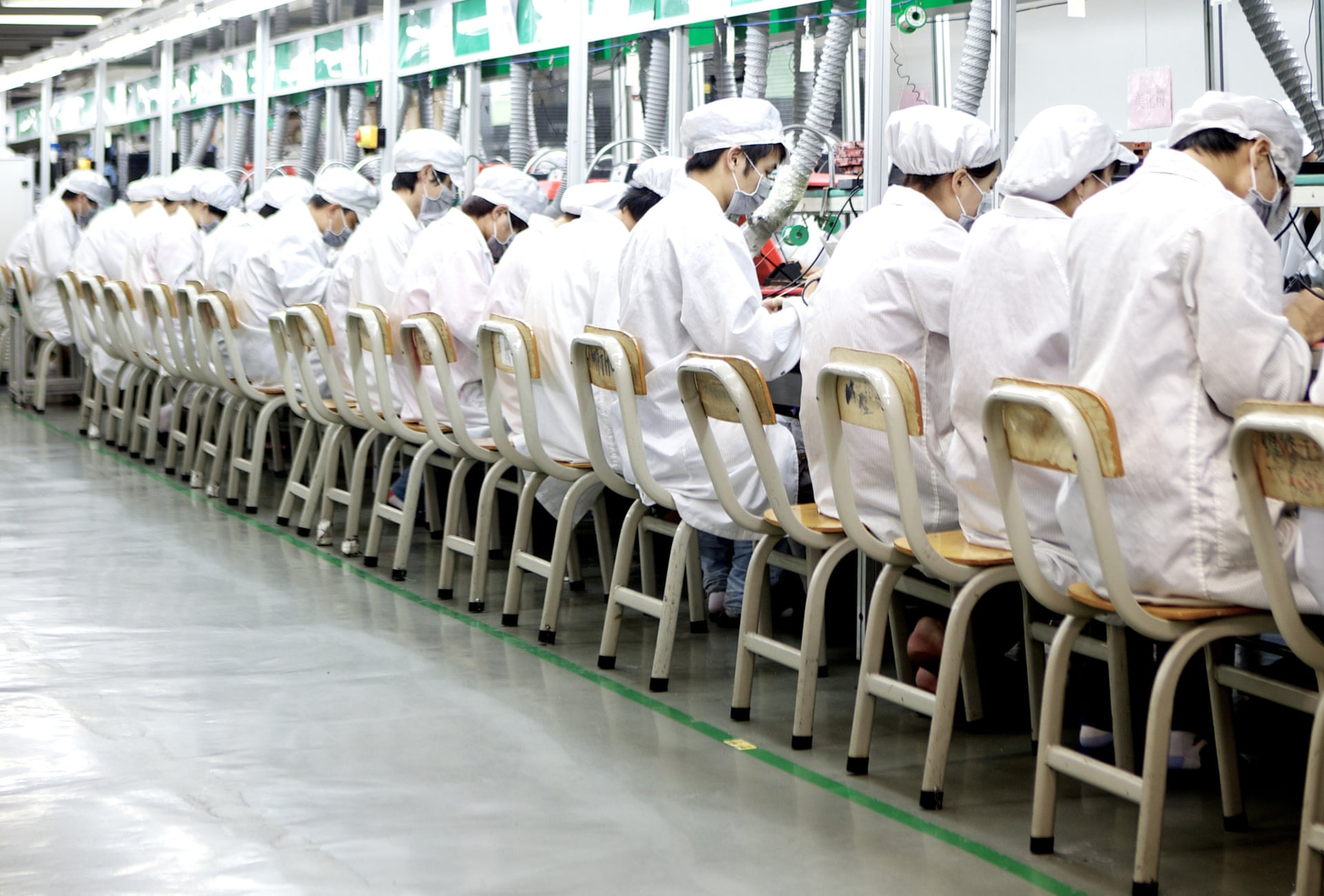Kieu-Linh Caroline Valverde’s “Social Transformations from Virtual Communities” highlights the transformation of Vietnam’s social networking through the introduction of the internet. Popular websites, like the VNForum, were instrumental in the formation of better communication between the Vietnamese in Vietnam and the Vietnamese diaspora all over the world. This enhanced way of communication allowed for social changes, like the No-Nike campaign, to flourish and to enact change within Vietnam through global activism. With Vietnamese government officials monitoring internet use and actively participating in the forums, the people in charge of the VNForum had to be aware of the posts that would appear from people on both sides of the political spectrum, the people who supported the communist government and the people who were anticommunist and overseas. The internet allowed people to exchange ideas on how to improve Vietnam and for Vietnamese to think globally and act locally in a virtual space. This kind of social activism definitely still exists today with social injustices in places like China, being publicized through their local media and eventually spreading to global media, causing for actions like strikes and boycotts to occur in demand for better labor conditions for the workers. For example, when research and videos documenting the poor working conditions of China’s iPhone factories occurred, Apple took some precautions, though it did not spark enough outrage to warrant widespread boycotts of Apple products (Merchant). I think the reason why is because a lot of people who benefit from Apple’s products are the people who have the power to change, making it difficult for them to turn their back on something that they happen to use daily, leading them to write it off as some sort of ‘necessary evil.’
Question: Nowadays, it is both easy and difficult to rile up masses in effort to combat social injustices that occur locally and globally. What are some ways to get people to truly care about social injustices again? Do certain issues affect certain populations more? Is it based off of race? Religion? Economical status? Also, with the internet being more accessible to everyone than ever, is it fair to say that everyone is in tune to every issue that is occurring everyday with this fast news cycle? Does this fast news cycle insensitize everyone to the point of apathy?
Source:
Merchant, Brian. “Life and Death in Apple's Forbidden City.” The Guardian, Guardian News and Media, 18 June 2017, www.theguardian.com/technology/2017/jun/18/foxconn-life-death-forbidden-city-longhua-suicide-apple-iphone-brian-merchant-one-device-extract.

No comments:
Post a Comment